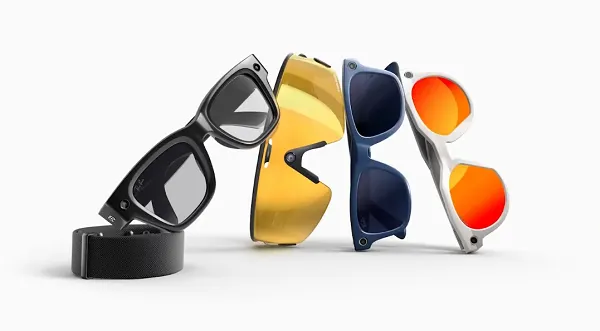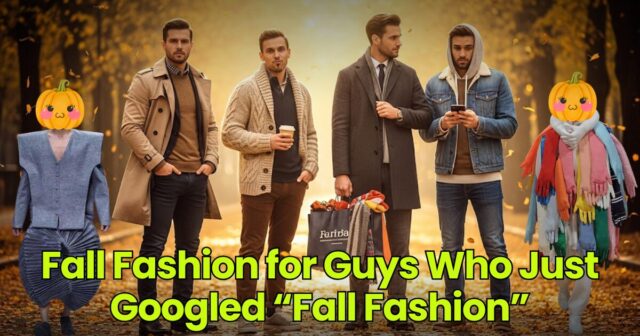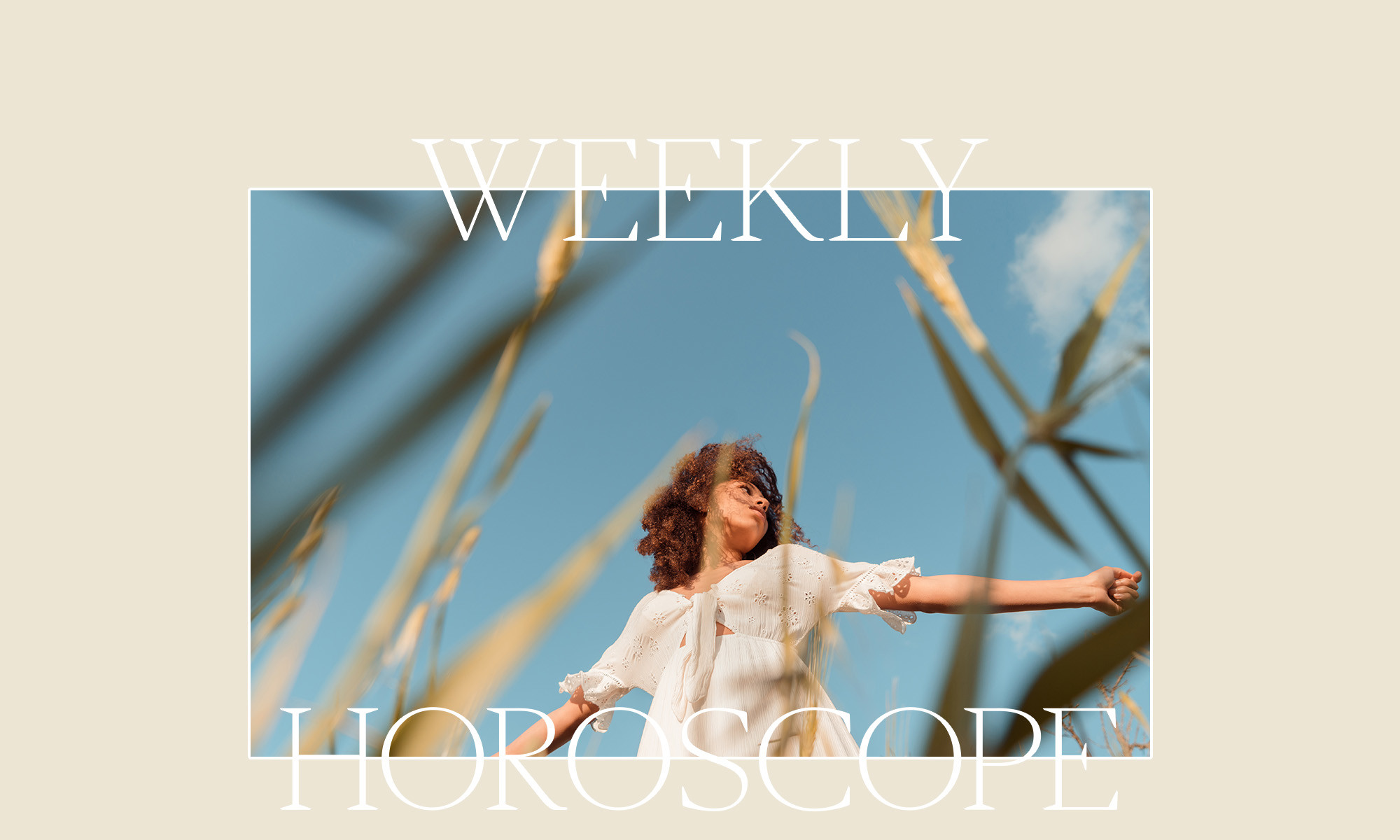Inside Squigs beauty brand's rapid rise using TikTok marketing and smart PR
Ulta, Urban Outfitters and NBC’s “Today” have given the 11-month-old brand their stamp of approval.

Brands on the Rise is a regular Ad Age feature spotlighting the marketing and business tactics of successful challenger brands. Read other installments here.
Anyone who has ever set foot into the beauty aisle of a drugstore knows the category is a crowded one. The aisles upon aisles of different lipsticks and lotions will tell you that much.
And yet, a brand called Squigs—which only has two products (a hair oil and a face serum), one employee, and rolled out less than a year ago—is already a fierce competitor.
Since it appeared on the sustainable wellness scene in March 2022, the AAPI-owned brand has won beauty awards from buzzy publications, been featured on NBC’s “Today” and has even been spotted in national retailers.
Squigs Founder and CEO Nikita Charuza partly attributes her company’s rise to an old-school PR strategy. But she is also experimenting with modern marketing tactics and channels, including TikTok.
Charuza, who previously held editorial roles at publications PopSugar and Elle, set Squigs up for success in two major ways: She knew how to break through the noise while pitching beauty editors, but also understood the importance of social media when marketing direct-to-consumer products.
How it started
While at PopSugar and Elle, Charuza got to test thousands of beauty products in order to review them, she said. She also interviewed hundreds of dermatologists over the years.
It sounds dreamy from the outside, but Charuza was struggling with skin issues: Many of the products she tested ended up triggering skin irritation and allergic reactions. Outside of work, Charuza’s inner circle was also riddled with skin problems: her sister, husband and baby all suffer from eczema.
The skin struggle made Charuza remember the Ayurvedic solutions her family used for hair and skin issues growing up. Ayurveda is a medical system that originated in India that centers on herbal remedies. Squigs’ “Gooseberry Delight” hair oil, for instance, stems from the oil Charuza’s grandmother helped her make growing up. The company’s name also stems from a family story: Squigs is the nickname Charuza and her sister called each other as kids.
“I couldn’t find any affordable Ayurvedic brands that felt fun, and like anyone could use it,” she explained. “I know the market is so saturated, but I truly felt like there was no Ayurvedic brand out there that was creating affordable products that had those efficacious ingredients.”
Tipping point
Squigs has accomplished a lot since rolling out about 11 months ago. The brand won beauty publication Byrdie’s “Eco Beauty Award” for “Best Do-It-All Hair Product” in 2022, which Charuza said was “super exciting because that was just one month in, and Byrdie editors tested over 300 products based on efficacy [and] sustainability.”
Urban Outfitters reached out to talk about getting Squigs in its stores, which Charuza described as a “pinch-me moment.” Until Urban, Squigs was 100% DTC—but Charuza always pictured it going into retailers eventually.
She explained that it’s a lot harder for DTC brands to remain online-only than it once was. That’s partly because of the current marketing landscape, which includes hurdles such as uncertainty around the future of TikTok—which has been targeted by regulators and lawmakers—as well as digital consumer tracking challenges caused by Apple’s 2021 iOS update.
Plus, having a brand on a physical shelf in a retailer such as Urban Outfitters drives legitimacy and brand awareness, she said.
“It really helps consumers out there be like, ‘I can vouch for this brand. I can trust this brand,’” Charuza said, especially because Urban and Squigs target a similar demographic (Gen Z and younger millennials).
Another pinch-me moment, she said, was when Squigs was featured on “Today” in August. In the segment, a beauty influencer recommended Squigs’ hair oil product. Charuza recalled the orders piling in after it aired, as well as watching the episode with her family.
The brand was also chosen for Ulta Beauty’s MUSE accelerator program, which is a 10-week-long mentorship program that offers early-stage BIPOC beauty brands support. With the acceptance, Charuza said, came a $50,000 grant—the only funding Squigs has taken thus far.
Marketing strategies
As a scrappy startup, the brand could not afford to hire a PR or marketing agency, Charuza said. So she did what she knew how to do best: talk to beauty editors.
“Being an editor myself, I understand [that] you literally get thousands of emails [pitching products] in your inbox a day. Even if you want to help somebody out, most of the time, you can’t,” she said. An unknown brand probably doesn’t have the best SEO, after all.
Despite her connections in the industry, she explained, it was usually only after she followed up and had people try the product that they became interested in writing about it.
Charuza decided that the bulk of her marketing budget would go to this editor-seeding strategy. It helped that these days, most editors also have some sort of social media following, making them both press machines and defacto influencers for Squigs.
“I feel like a lot of editors have become influencers in their own right. I know a lot of consumers would go to their Instagram pages, to their TikTok pages, just to see what they’re vouching for and what they’re trying,” she said. For instance, former Man Repeller editor Harling Ross posted about Squigs on her Instagram account, where she currently has 83,500 followers.
Charuza didn’t see much traction from the small budget she put into Instagram and Facebook ads. TikTok, however, was a different story.
For context, Charuza said she’s spent between $1,000 and $10,000 testing paid social—at one point, she said she was allocating something like $5 per day. The budget came from the brand’s sales and her personal savings.
“TikTok has been an awesome platform for us,” she said. Its short-form video format is conducive to educational content on the product’s ingredients and how to use the hair oil and skin serum in different ways, Charuza said.
TikTok has “been all organic, basically, up until the past two months.” Although she said that TikTok is more of a brand awareness engine than a sales driver, Charuza said she’s curious about what that paid spend will do for the brand as a whole.
What the experts say
Retailers such as Urban Outfitters have a vested interest in getting brands like Squigs on its shelves—said Emma Chozick, the community and curation lead at Thingtesting, a platform for reviewing DTC brands.
“The Gen Z consumer is going online to purchase products,” Chozick explained. As a result, stores like Urban Outfitters that target young consumers are “now having to compete with what’s online, and what people are seeing on their feeds, on ads, or just content that comes up on their ‘For You’ page.”
If Urban Outfitters wants to keep up with the younger consumers, she said, they have to offer the types of products that become popular on TikTok. Chozick clarified that, of course, Squigs entering Urban is still a big deal, as it’s “an accomplishment for any small brand to get into a retailer.”
Her hunch has some data behind it. Squigs, for instance, has 10,700 followers on TikTok; and 55% of Gen Zers in the U.S. have bought something after seeing it on TikTok, according to a recent survey by marketing technology firm Student Beans.
What’s next
Charuza said she’s excited about having more money to play around with so she can test different marketing strategies.
Out-of-home marketing and user-generated content are tactics Charuza said she’s particularly interested in looking into in the coming year. After more time in-market, she explained, she’ll have more data to make those big marketing decisions with.
Additionally, Squigs was recently chosen for venture capital and private equity firm True Beauty Ventures’ Bridge Mentorship Program, which, according to its website, is “a 6-month accelerator program aimed at helping qualified emerging growth brands become ‘funding ready.’” “We were chosen out of thousands of applicants, which was again truly amazing,” Charuza said, adding that she’s stoked to dive deeper into that program as well.
Hear more about Squigs' marketing strategies when CEO Nikita Charuza discusses clean beauty at Ad Age’s The Wellness Revolution. Buy your tickets for the March 7 event here.

 Hollif
Hollif 
































